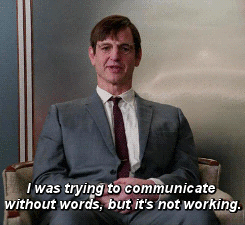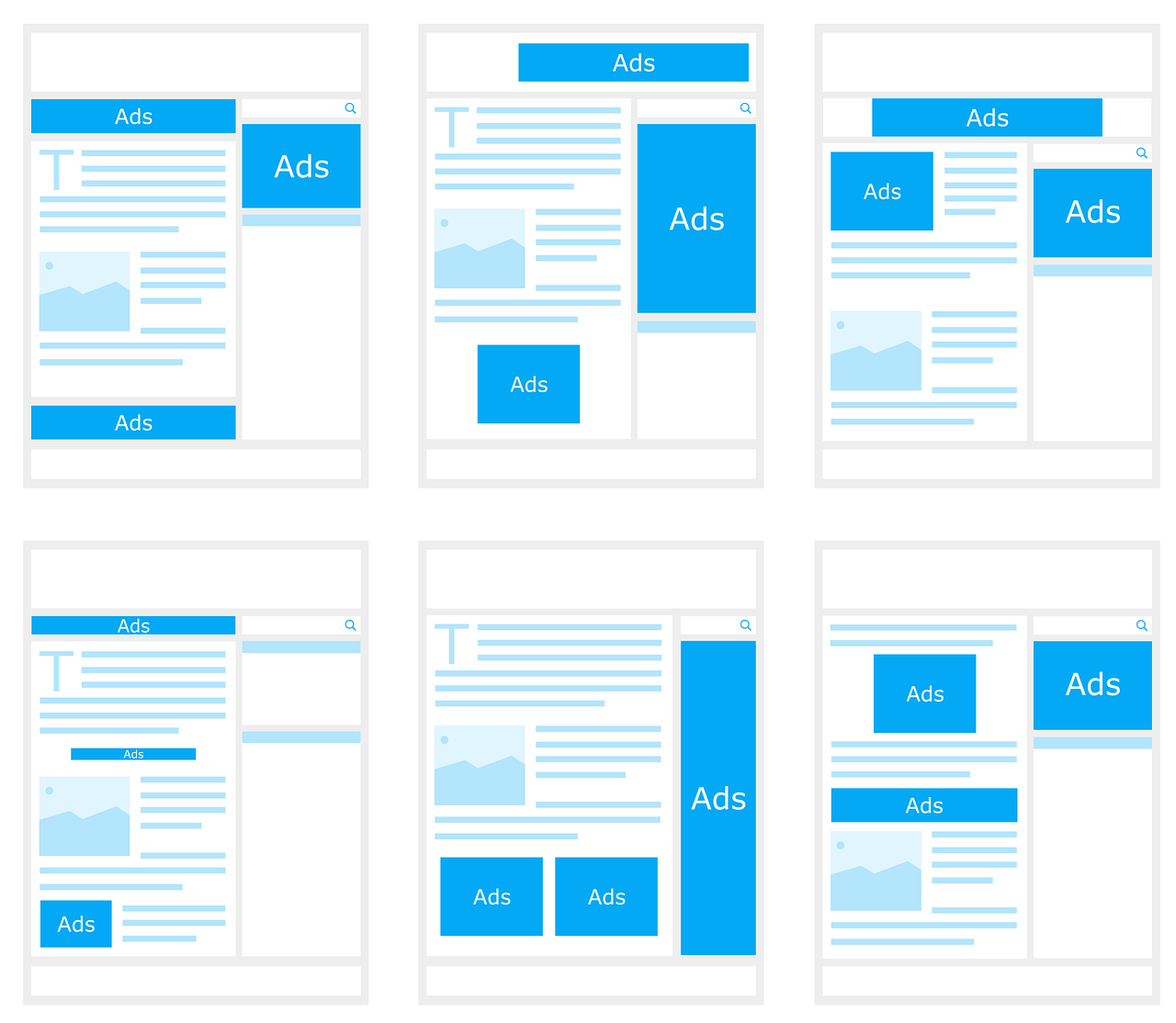Working collaboratively with a collection of your colleagues can be the most rewarding experience or it can make everyone walk away resenting the project. We’ve all experienced a time when we felt like the only one contributing to a team.
Avoid this drowning feeling by being the best collaborator you can be with these five strategies:
1. Manage the team clock

Group projects often live and die by their deadlines. Time is a precious resource across all industries, so it is no surprise that the pressure of the clock quickly exposes a team’s weaknesses. An efficient leader recognizes the investment everyone must make each time they schedule a meeting or set a deadline. If you are not in the position to set these schedules, be ready to adapt. Teams function best when all the collaborators are prepared to be nimble and adjust their own schedules for the greater good of the group.
At the same time, you should take moments throughout the project to check-in with each team member. A simple gesture of asking how their day is going or seeing how they feel about their role is time well spent. This five-minute debrief is short but will save hours of frustration and problem-solving if you devote yourself to using the time to discover cracks in the walls or opportunities for growth.
It seems like a simple concept: meet your own deadlines, show up to meetings on time and end meetings within the agreed-upon timeframe, but it can be seemingly impossible when projects start piling up. Be honest with yourself and with your team about these time-sensitive issues and set yourself up for success by not over-promising on what you can deliver in 24 hours.
2. Say what you mean and mean what you say
Being honest about your time is just one of the many things you should be communicating as a dependable team member. Start every conversation (whether it is project-related or personal) with the goal of being clear, honest, direct and open-minded. Invest your words (and again, time) in discussions that lead to results and avoid wasting time with sarcastic emails, confusing or mixed messages or intentionally trying to trip someone up.

You’re all on the same team so make sure you’re always speaking the same language. This might mean taking time to sit down together as a group, ideally in-person, to identify the best method of communication. Ask your colleagues how they prefer to communicate: text, email, phone, carrier pigeon? Be open to new ways of communicating but also clearly define how you work best. It’s better to be upfront about these common traps for miscommunication before frustration builds up.
You should also look for ways to communicate your own knowledge as a productive team member. You may think it’s a good idea to be the one and only, the go-to person for certain processes or relationships but sharing this information and power is actually for your own benefit. It relieves some of the burdens that come with being the gatekeeper and opens up opportunities for the rest of your team to step up and grow.
3. Leave the drama to Bravo reality tv

A common place for praise or complaint in the workplace is centered around the people. Some people find less pleasure in their day-to-day work but love the people they work with, making the grind worth it. Other times, they find passion in their work but struggle to find a place in the office relationships.
No matter which camp you fall in, you’ll make a better team member if you sidestep the gossip and keep your nose out of office politics. These seemingly small, harmless conversations can poison a work culture and create a bias that will hinder future collaborations. Be slow to judge and quicker to find understanding. Think through all of the points of view and you’ll become a more compassionate co-worker – a person we all want to work with.
4. Keep your eyes on the prize

Just as you’d like to receive praise for your good work, look for ways to share notes of encouragement with your colleagues on a weekly or even daily basis. One study found that people come up with twice as many ideas per month when they receive strong recognition when compared to those who do not receive kudos. Not only will this build your fellow members’ confidences but it will also help you remain humble in your own work.
Humility takes the focus off of you (a very individualized wish for attention) and shifts it to the team: “WE did it. WE came up with a great idea. It is ALL OF OUR success!” This is a much more inviting sentiment and lets everyone revel in the afterglow. Make this a priority early on by keeping your goals team-oriented rather than limited to your own personal goals. Keep your attention on the final end goal and you’ll be less likely to stumble over your own ego. Find ways to pick up the slack for others working on the project, and ultimately, reach success.
5. Advocate for yourself

A lot of these strategies focused on what you can do for your team. However, you must be your own best fan, advocate and sometimes mentor to be a better team player. Inspire yourself regularly with new reads (like this blog post), speaker events, and other personal development opportunities that will add to your arsenal of skills. Take on every group project experience as a chance to go above and beyond what you expect for yourself and the people you’re working with. Be open to learning from these moments, both positive and negative, and you’ll never see a failure.
Finally, set achievable expectations for yourself. If you honestly do not have the time, experience, headspace, etc. to help a co-worker – tell them. It’s better to not over-promise than to under-deliver. Know your limits. Know when to say no. Take care of yourself and the rest will follow!
If you keep these main points in mind when working with a team, you’ll start to uncover many new ways to bring value to your group. Lead with these traits and you can finally make those steps to change the collaborative culture in your own office.



